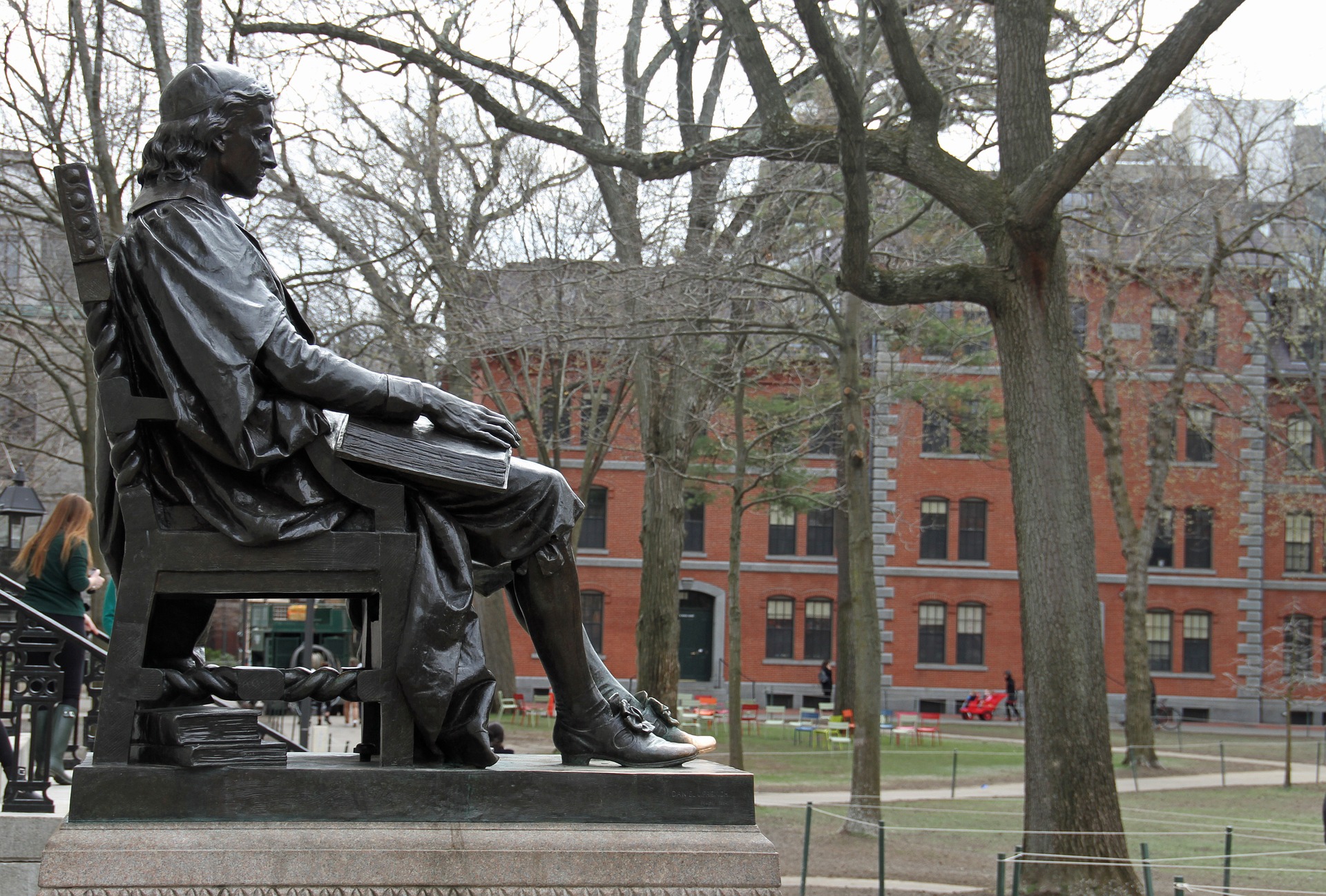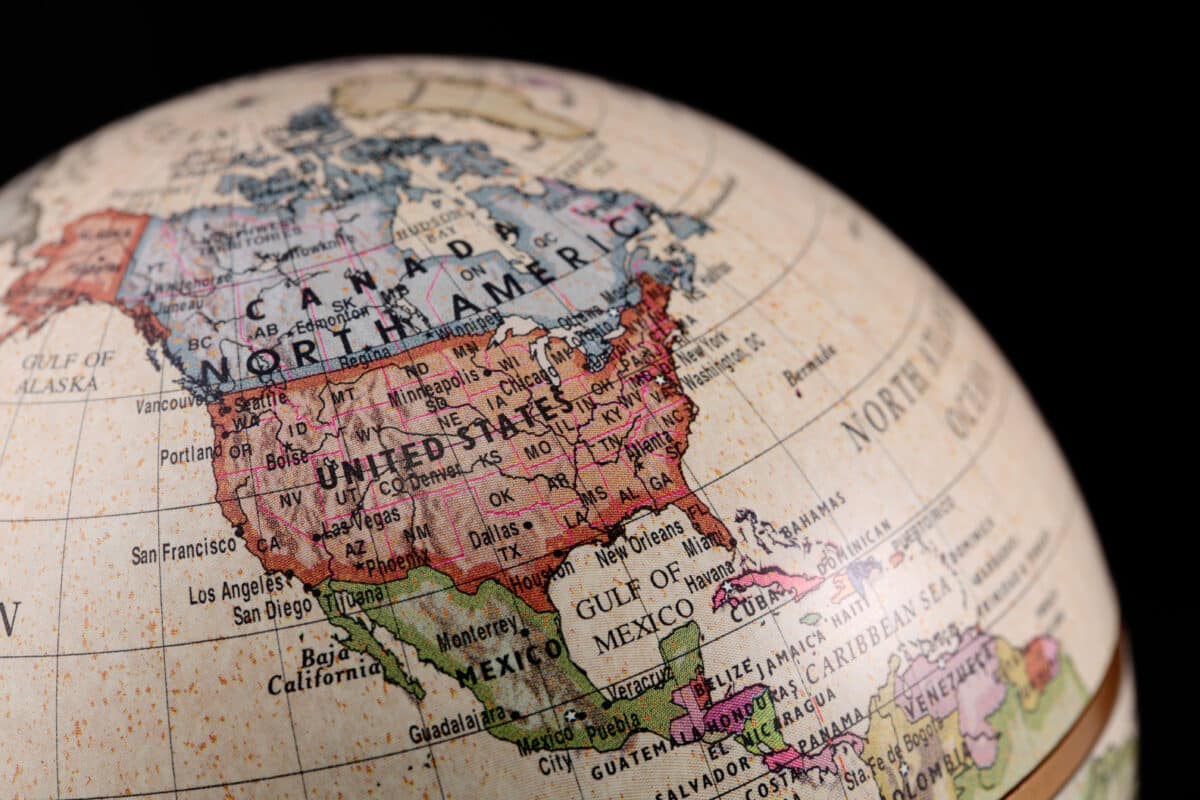
Explore all Articles
filter by–Topic
filter by–Region
filter by–Country
search by–Keyword

Why Killing OPT Hurts American Workers More Than It Helps
05.27.25
“OPT is not about ‘foreigners’ taking American jobs. It is about ensuring that future generations of Americans inherit a nation that continues to lead in science, technology, and higher education. Policymakers should strengthen oversight where needed but preserve and expand OPT as a strategic pillar of U.S. innovation, workforce competitiveness, and global influence.”

US-China Tech Decoupling: A Shift Towards a More Paranoid World
05.27.25
“The impact of this digital isolation has been amplified in recent years by Beijing’s efforts to tightly interlink data security with national security, as well as reduced people-to-people and business exchanges from the COVID-19 pandemic and geopolitical tensions. In the U.S., growing suspicion of China has led to increasingly aggressive efforts to excise Chinese technology and capital from its supply chain. People from the two countries are farther apart than ever.”

The “Yes In God’s Backyard” Movement and the Preservation of Religious Spaces
05.23.25
Interest in “faith-based development” to repurpose underutilized land and buildings for the creation of affordable housing, is growing among congregations and policymakers. This movement, also known as “Yes in God’s Backyard” or YIGBY, offers many benefits for religious groups, including a compelling alignment with a moral imperative to serve the unhoused and financially distressed.

Leveling the Airwaves: FCC Reform and the Fight for Electoral Fairness
05.23.25
By pegging advertising costs to the least expensive market, the national Lowest Unit Rate ensures every candidate can afford to reach voters across early states without excessive financial barriers. This reform removes the advantage wealthy or well-funded candidates currently hold, creating a more inclusive primary competition.

Kazakhstan’s Nuclear Ambitions: A Path to Sovereignty or Dependency?
05.13.25
“Kazakh President Kassym-Jomart Tokayev, a key supporter of this initiative, sees nuclear energy as a pathway to securing Kazakhstan’s long-term stability and energy independence. Yet a critical question remains: Will this decision bolster the country’s energy sovereignty or will it expose it to new vulnerabilities?”

From Moonshots to Stagnation: Is Government Innovation a Thing of the Past?
05.13.25
“Today, the term moonshot is most commonly associated with the tech ecosystem, where Big Tech has assumed the role of global innovation leadership. This raises a fundamental question: Is the trajectory of human progress now dictated solely by private-sector interests? If innovation were to be driven primarily by profit-driven corporations, what values and priorities shape the future of technological development?”

A New EU-US Relationship
05.5.25
For decades, the transatlantic alliance has rested on two pillars: a deep trade relationship and Europe’s near-total dependency on U.S. military protection. But recent moves from Washington have shaken that foundation.

Kazakhstan & Central Asia: Brain Drain or Brain Gain?
05.1.25
“This ongoing “brain-drain” in Kazakhstan, which has led to an exodus of roughly 366,000 people in the last ten years, is a worrisome phenomenon and threat to our country’s future. How did we arrive at a point where we are losing the most valuable resource – our human capital? What can be done to reverse the trend and create a long-term “brain-gain” instead?”

On the Anniversary of the Fall of Saigon, Beware of the Desire to Save Face at All Costs
04.30.25
Fifty years ago today, Saigon fell to the North Vietnamese, officially rendering the United States’ decades-long misadventure in Vietnam a failure.[i] The troubling reality of wartime decision-making is that it was not based primarily on whether the United States could feasibly win, or even whether Vietnam was strategically important. Rather, policymakers in Washington escalated the […]

Coping with America First: Lessons from History
04.30.25
Since President Trump returned to the Oval Office in January 2025, the relationship between the United States and Europe has been in free fall.

Extraterritorial Solidarity as a Pathway for Addressing Climate Change for Africa’s Development
04.24.25
“The impacts of climate change on Africa’s development are increasingly evident across the continent. Given the need for collective regional solutions, an essential normative framework is ‘extraterritorial solidarity.'”

Treat Family Child Care Providers Like the Small Businesses They Are
04.23.25
“Despite their critical importance in Massachusetts’ mixed-delivery system for early childhood care, most of these family child care providers earn less than minimum wage.[iv] At the same time, early education and care costs in Massachusetts are among the highest in the nation.”